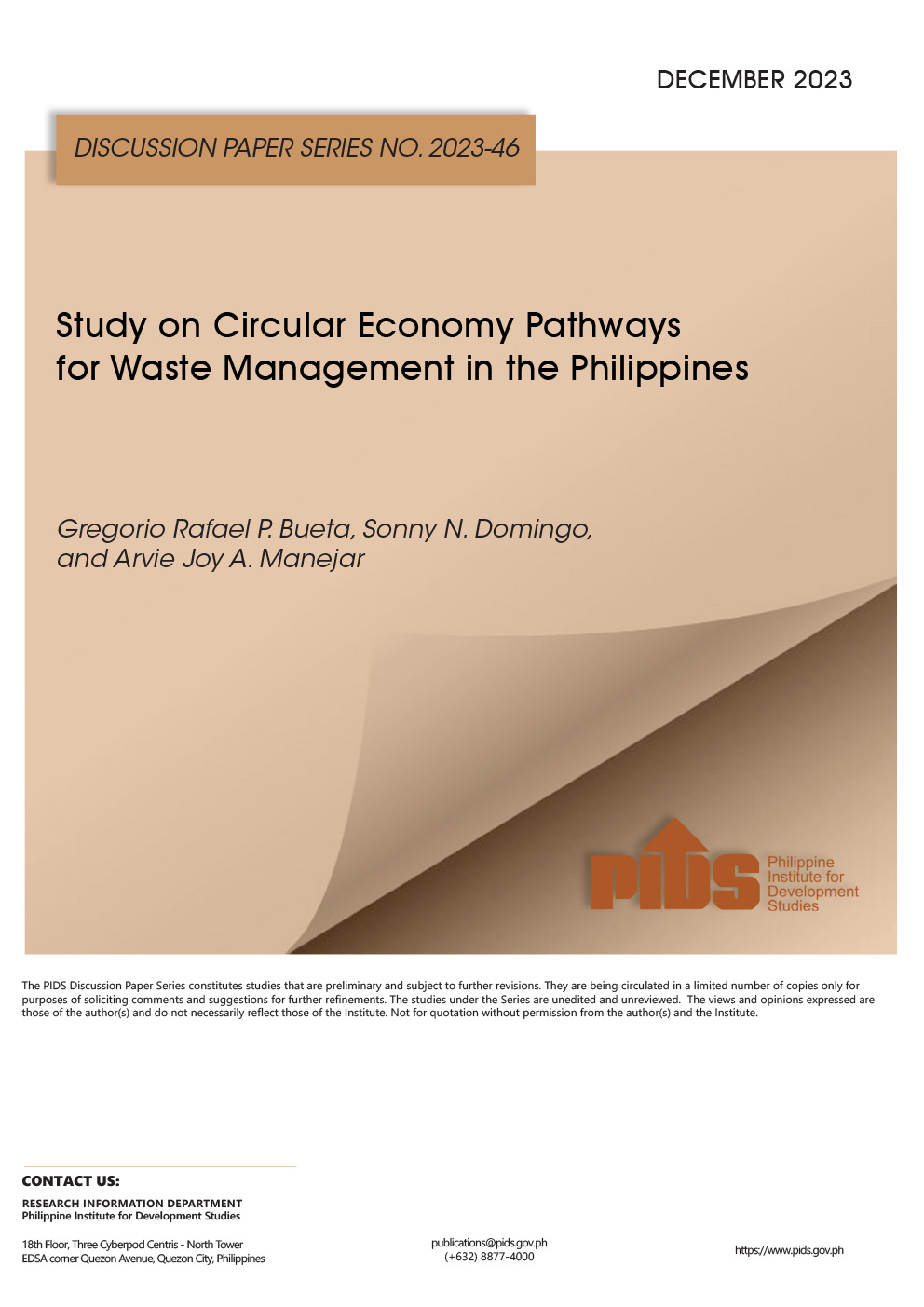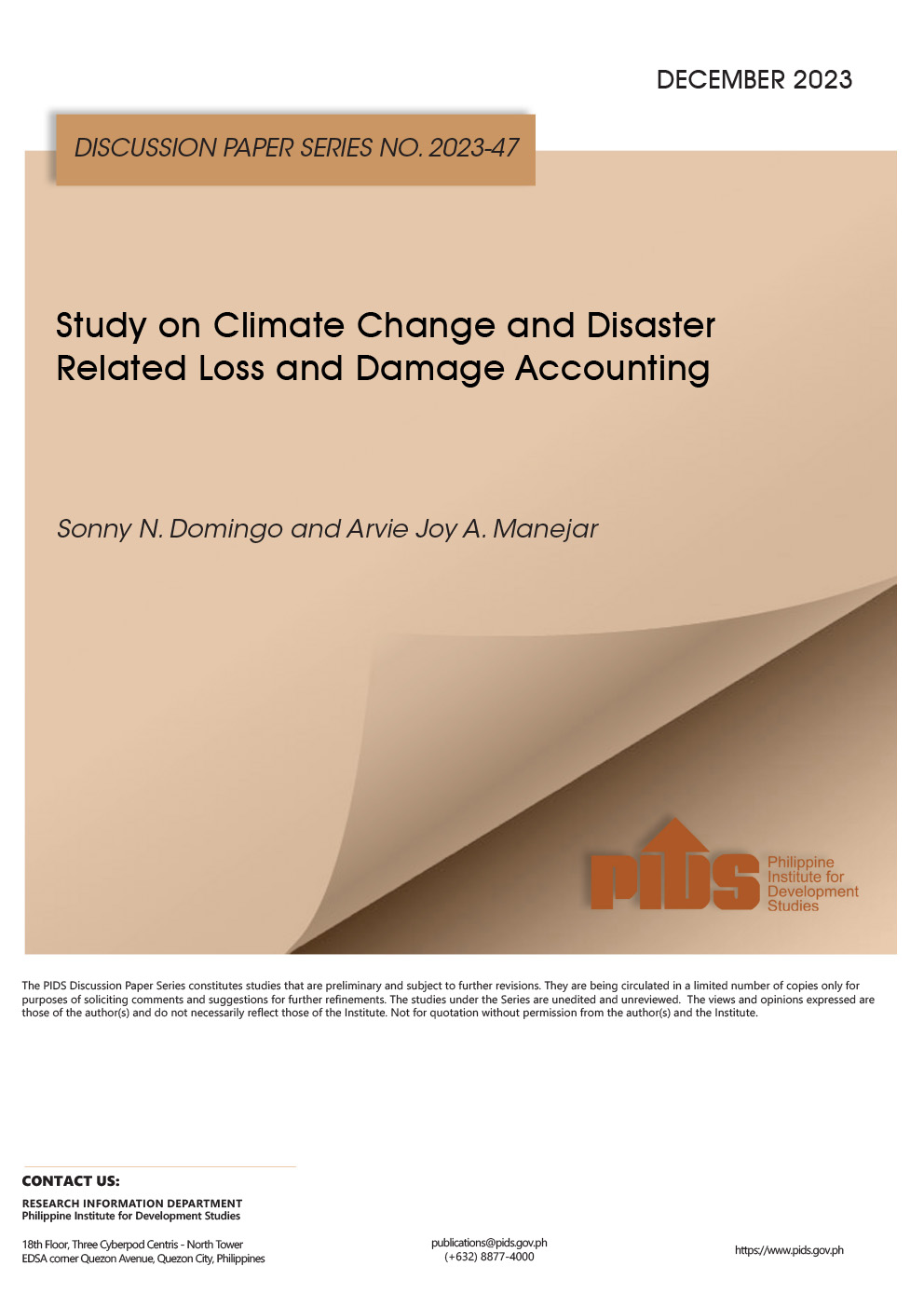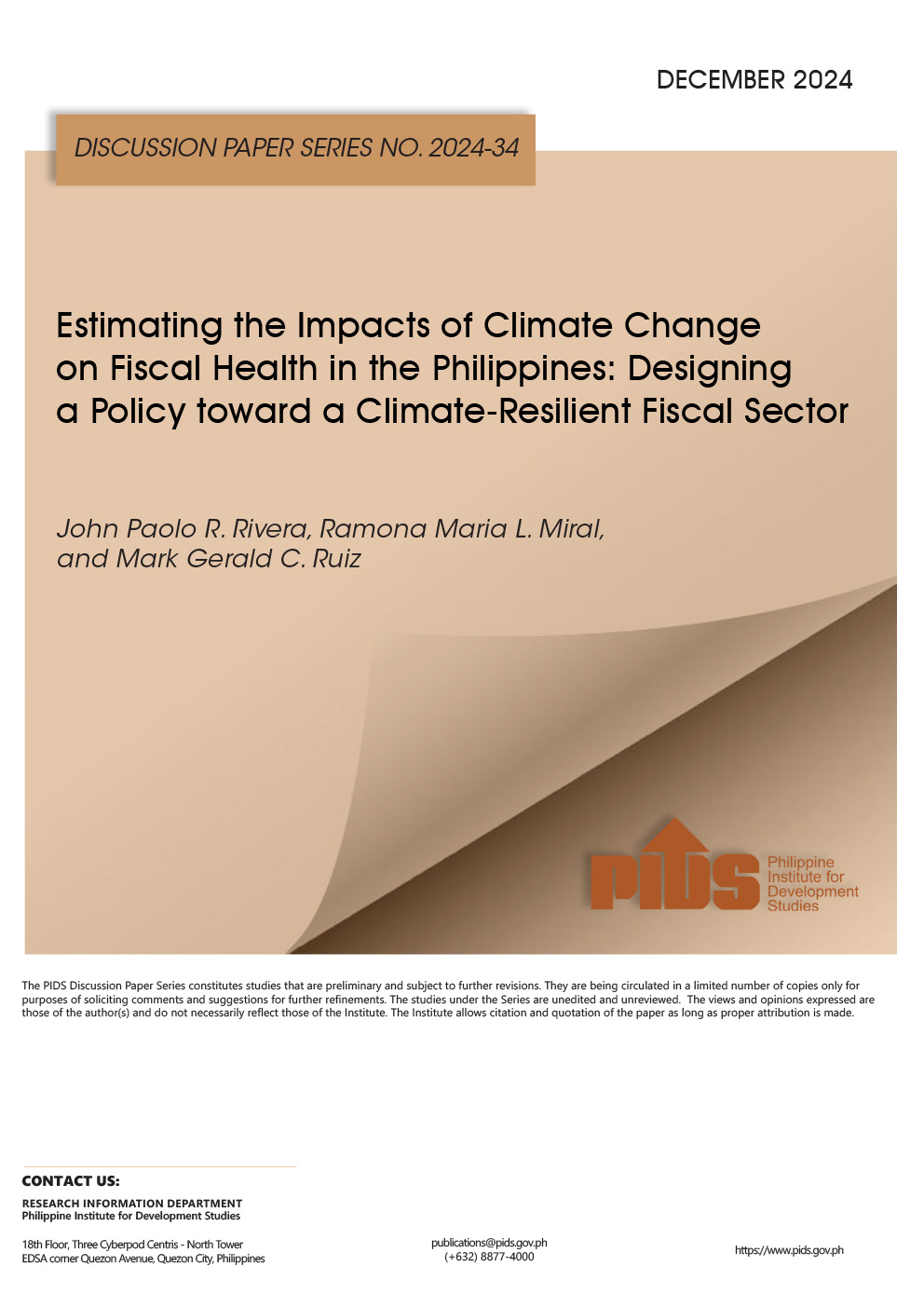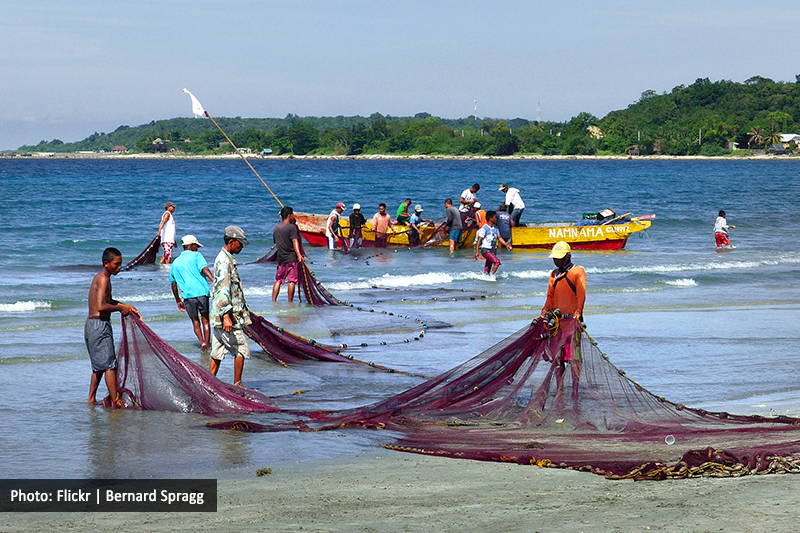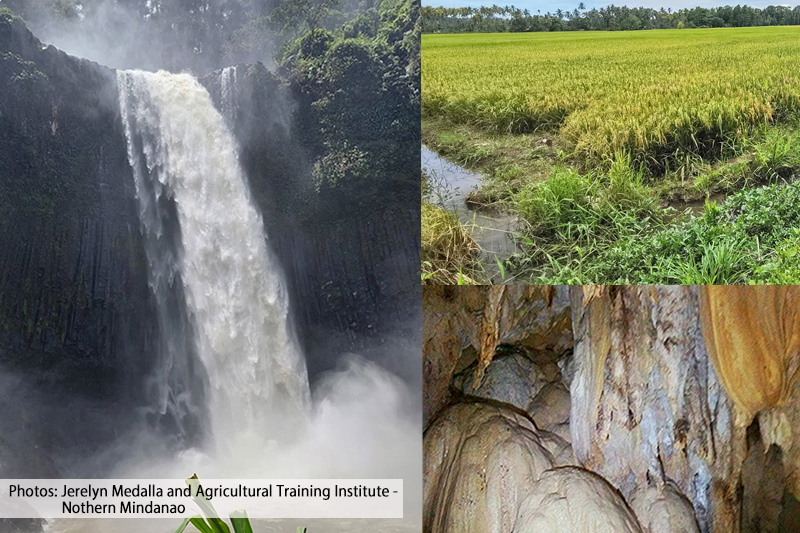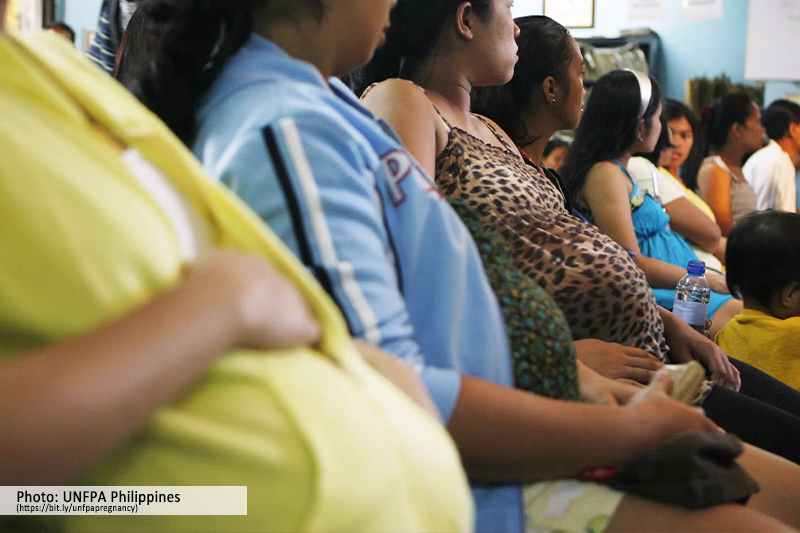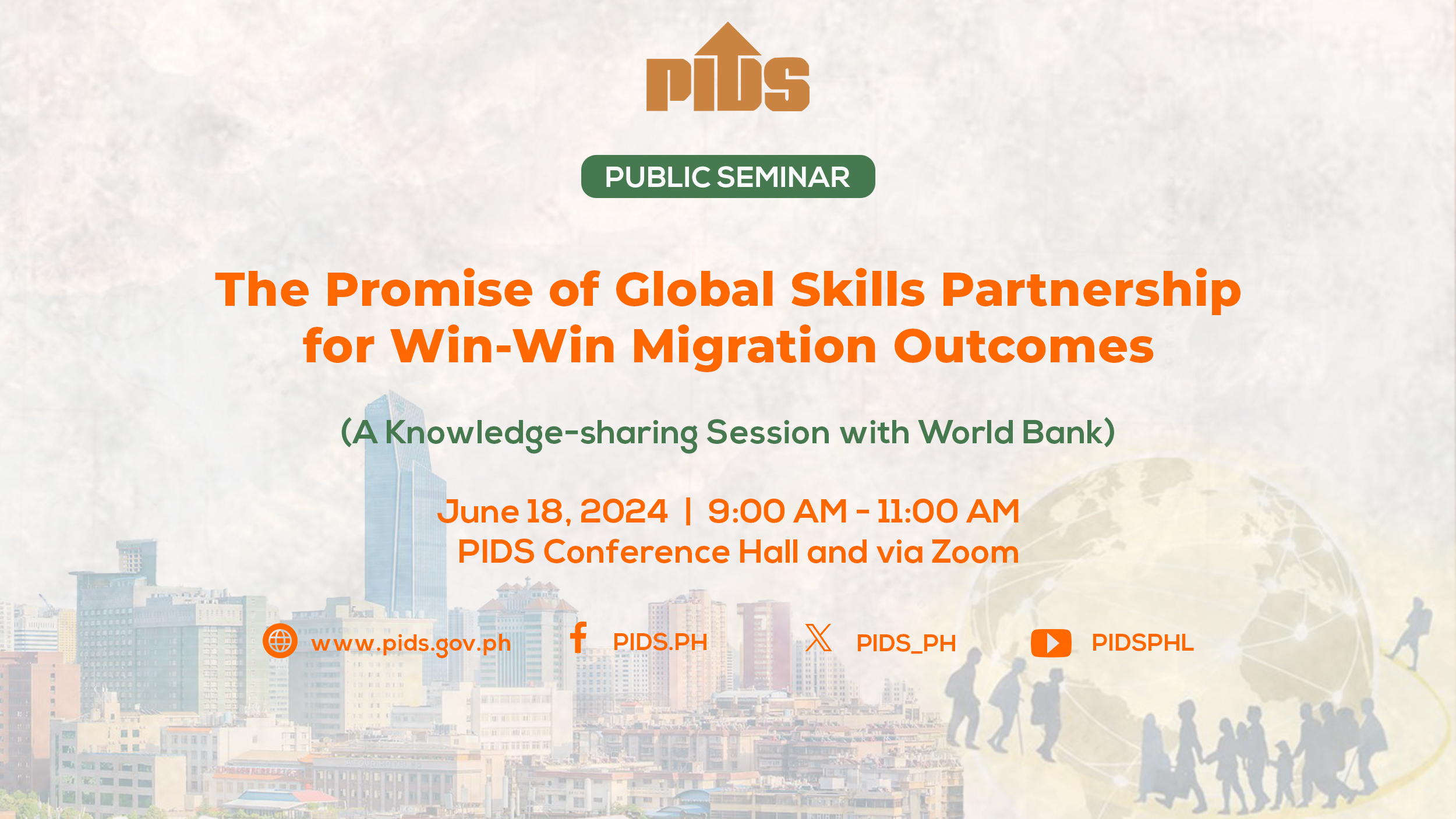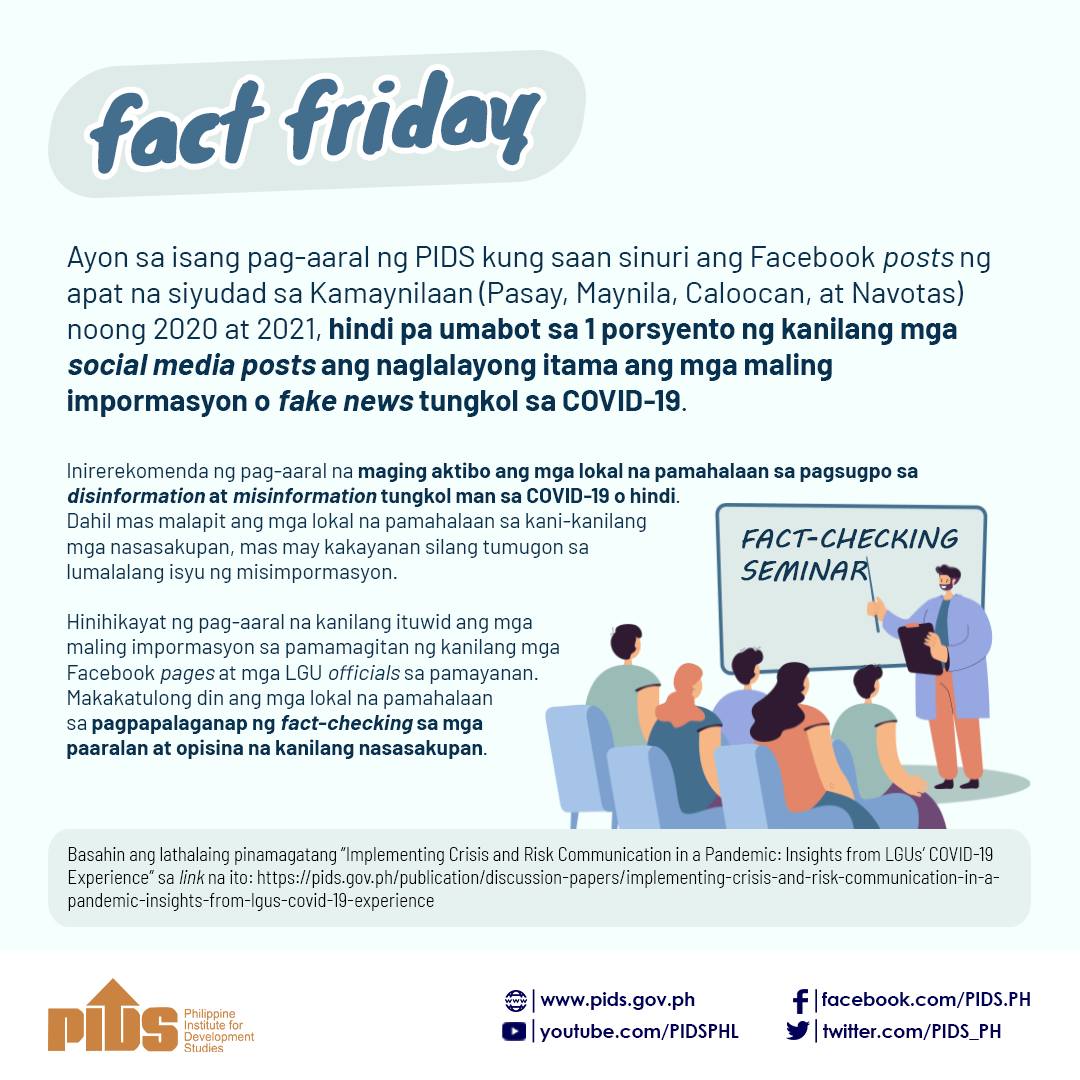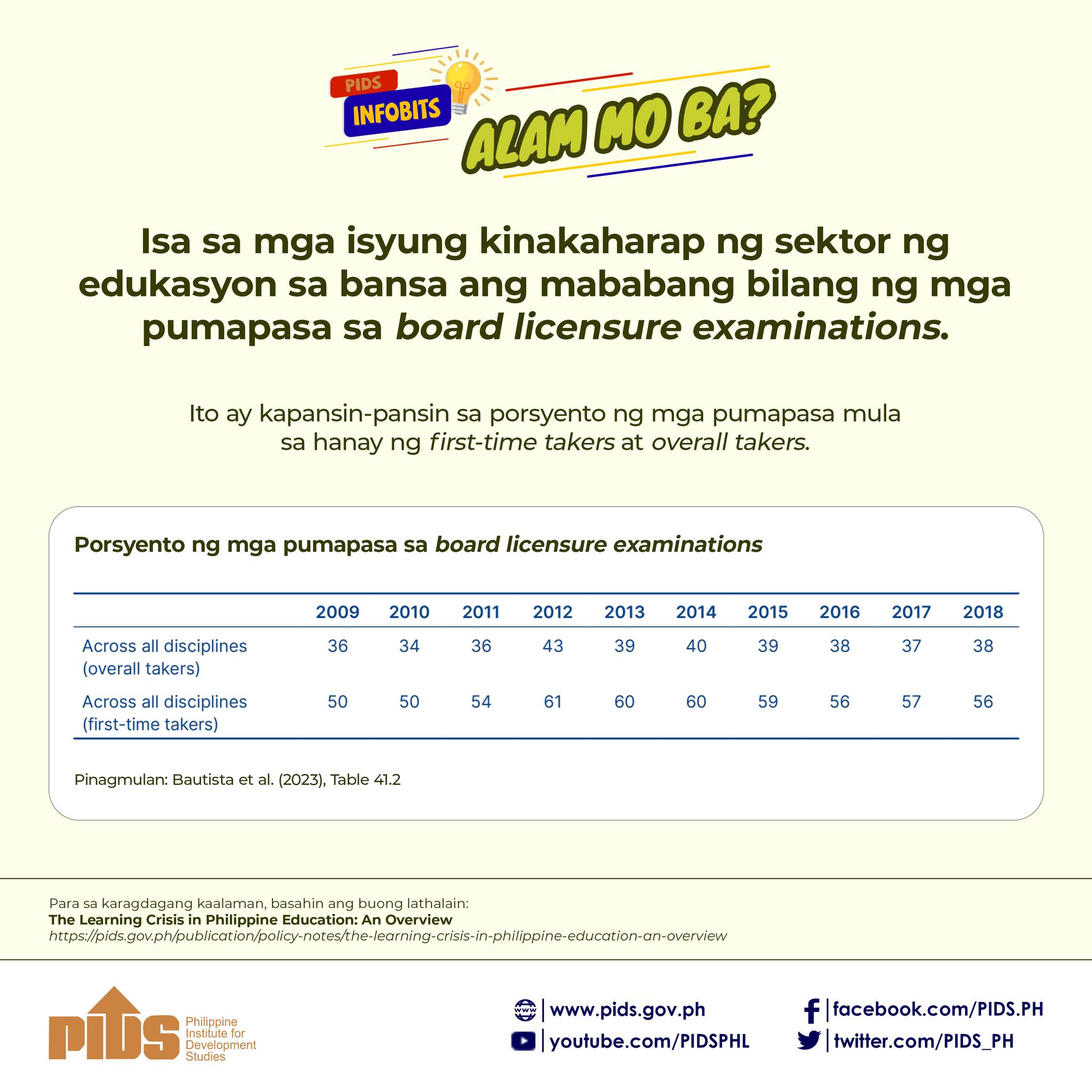Ayoko ng plastic! I refuse products wrapped in plastic, and I will always try to reduce waste as much as I can. Difficult? Maybe initially, but not impossible, as many have so realized.
In my youth, I remember a life free from toxic single-use plastic. There was no need for plastic labo bags in the neighborhood talipapa because we had our trusty bayongs. Cooked food for family picnics were wrapped in fragrant banana leaves instead of cling wrap. Today, almost everything is sold in single-use plastic, which eventually ends up harming our ocean, the planet, and our health. Experts have long sounded the alarm on the risks posed by plastic. And while many of us consumers are now conscious of these dangers, the road to a sustainable lifestyle free from plastic is simply not an easy one to take when more businesses use single-use plastic than plastic-free alternatives.
Article II Section 16 of the 1986 Constitution provides that the State shall protect and advance the right of the people to a balanced and healthful ecology in accord with the rhythm and harmony of nature. This was interpreted by the Supreme Court as not just a right but also as a duty not to destroy the environment, in the world-acclaimed Minors Oposa v. Factoran case.
So why is the burden of choosing better for the environment being placed on consumers instead of the business sector?
Instead of placing the hefty responsibility of choosing sustainable products and packaging on consumers, why not place the pressure on the manufacturers to come up with sustainably produced goods and services? Under Republic Act No. 9003 and implementing regulations, it is the duty of the National Solid Waste Management Commission (NSWMC) to encourage commercial and industrial establishments through incentives other than tax incentives to manufacture environment-friendly products, in addition to regularly coming up with the long-overdue list of non-environmentally acceptable products and packaging (NEAPP), the immediate effect of which is to ban the manufacture and production of the listed items.
One may wonder how the battle against plastic pollution can be won without placing pressure on businesses to speed up the development of plastic-free alternatives.
In the case of the municipality of Los Baňos in Laguna, one of the first municipalities to impose a strong policy to ban single-use plastic, the municipal council prohibited the use of plastic bags and styrofoam containers. The local government imposed steep fines for both business establishments and individuals found violating the ordinance. As early as 2008, businesses and individuals there were pushed to convert to plastic alternatives and in no time, brown paper bags and cloth shopping bags became the norm in the university town. Today, Los Baňos is no longer alone in this effort. El Nido in Palawan, Davao City, Cagayan de Oro City, Bacolod City, Baguio City, and Boracay Island have also followed suit and banned certain single-use plastic items.
However, local governments realize that doing away with single-use plastics requires the NSWMC to enforce the NEAPP listing mandate. A total of 128 local government units (LGUs) have asked the NSWMC to issue the long-overdue list of NEAPP, which includes single-use plastic. This list is supposed to be updated by the NSWMC every year to facilitate the reduction and phase-out of hazardous single-use plastic products.
Here is the bottom line: Plastic does not degrade. It stays in our environment forever, and while many say that plastic eventually degrades, what they really mean is that these are broken down into miniscule fragments called microplastics which wreak further havoc in our air and bodies of water.
Such is the case with the Tañon Strait Protected Seascape, the country’s largest marine protected area and a major fishing ground for local fisherfolk. Studies conducted by the Philippine Institute for Development Studies and Coastal Resources and Ecotourism Research, Development and Extension Center have confirmed microplastic contamination, which inevitably affects the nearby coastal communities and fisherfolk that depend on Tañon Strait as a resource.
It is not too late to go back to a life free from single-use plastic, but consumers and LGUs alone cannot fight the plastic crisis. Now more than ever, we have to work together in this battle and for government to strictly enforce stronger policies and stricter penalties on solid waste management. And as consumers, it is our right to demand better prioritization of the health of the people and our home planet from both government and the private sector.

